How We Work
Convening Collaborators to Develop A Toolkit That Creates Universal Access to Agricultural Knowledge and Better Soil Health For All Land Stewards.
In order to create a sustainable ecosystem of technology, OpenTEAM is building trust with collaborators and technologies, improving interoperability among systems, and adapting tools and soil health practices locally. Furthermore, we are incorporating an equity lens into the work that we do so that we can design a technology ecosystem that is more accessible, equitable, and universal for the diverse group of farmers and food companies that are a part of it. By acting as a convener, technology steward, and technical facilitator, OpenTEAM is increasing integrability, interoperability, and knowledge shared across the agricultural technology landscape for a more sustainable technology ecosystem.
IN-DEPTH LEARNING SERIES
Through the In-Depth Learning Series, we are building the knowledge base of the OpenTEAM community in a way that fosters coherence and collaboration.
WORKING GROUPS
These working groups are centered around technology, equity, field methods, human centered design, and our network of farms and ranches.
COLLABATHONS
These working groups are centered around technology, equity, field methods, human centered design, and our network of farms and ranches.
WORKING GROUPS
OpenTEAM participants engage with the community through the following working groups:
Hub & Network
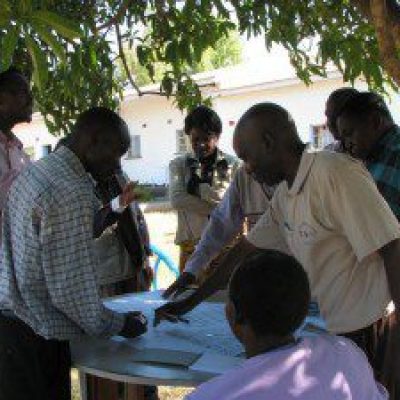
Theory to Practice
The Hub and Network working group brings together various organizations that have an ability to groundtruth the work of the agricultural technology ecosystem that the OpenTEAM community is creating. The Hub and Network Working Group exists to provide input on the hub experience and help improve the hub and network model. Over time, this group will support the process of onboarding new Hubs and Network farms and ranches.
Technology
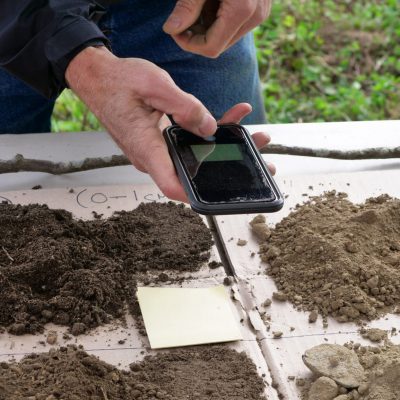
Tech Review & Development
The Technology working group brings together product managers, developers, and others highly engaged in the technology through OpenTEAM. The goal of this working group is to keep one another informed on technology and product updates, identify shared technical needs between organizations or products, prioritize collective actions into work packages and implement the underlying structural work it takes to make the tools within the OpenTEAM community truly interoperable.
Human-Centered Design
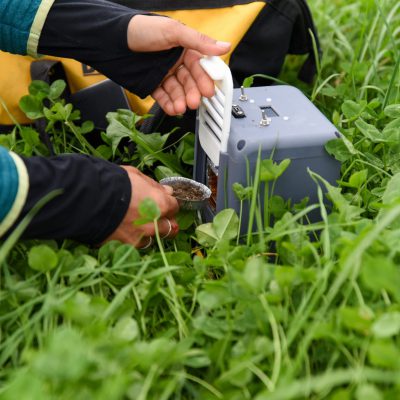
Social Review & Development
The Human-Centered Design working group seeks to approach the development of the OpenTEAM technology ecosystem from the perspective of users, making sure products are usable and useful from the perspective of the user/human.
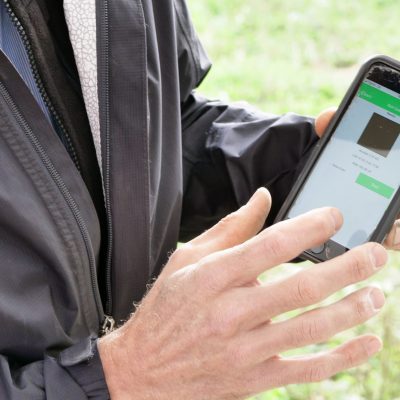
The Equity in Practice & Technology working group was created with the goal of amplifying the work of our members and supporting collaborative efforts toward racial equity and inclusion through OpenTEAM community members.
Equity in Practice & Technology
Racial Equity & Inclusion
COLLABATHONS
A sustained collaboration effort with short sprints in service of long range shared goals

Each Collabathon session will have a defined goal, outcome, and proposed output shaped by a community co-hosts. They may take anywhere from three to eight weeks to complete with likely a weekly cadence of hour long meetings to keep the momentum going.
Current Collabathons
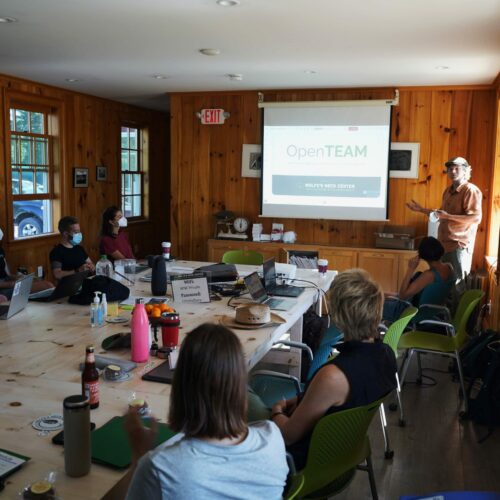
FAIR Tech Ecosystem Registry Collabathon
This Collabathon will engage stakeholders to collaboratively explore the design of a FAIR Tech Ecosystem Registry for Agriculture, which is a crucial next step for achieving greater interoperability across the ag tech ecosystem. FAIR principles (Finable, Accessible, Interoperable, and Reusable) aim to strengthen the capacity of individuals, organizations, and technological systems to easily find, access, work collaboratively, and reuse data to steward technological innovation while protecting user-generated data and strengthening data privacy.
This effort will build upon existing work, such as the Digital Public Goods Alliance registry to enable NGOs, foundations, private enterprises, universities, research institutions, and government agencies to navigate, develop, and build upon the maturing tech ecosystem. This will further develop a curated ecosystem that will make it easier for these entities to innovate and develop new projects while also meeting FAIR principles in practice.
Past Collabathons
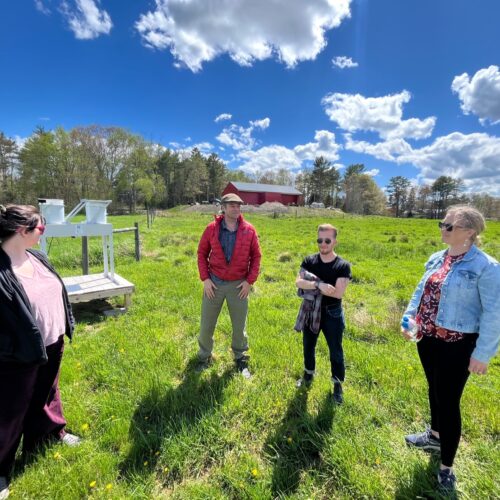
Ag Data Use Agreements Collabathon
Our Tech Working Group held a collabathon to create a Common Data Agreement across our tech ecosystem. Through this, stakeholders across several organizations developed core principles with shared standards and templates to describe how a land steward’s data is protected, used, and shared across OpenTEAM tech tools. Our goal is to visually represent the core principle of data permissions and consent with symbols for easier understanding and increased accessibility. Detailed legal and technical documentation will also be available for each principle through a ‘more information’ expansion format. By the end of the collabathon, the group released a version 1.0 set of an Ag Data Glossary, Data Fiduciary Oath of Care for Agricultural Professionals, Agriculturalists’ Bill of Data Rights, and a Data Hosting and Storage Agreement.
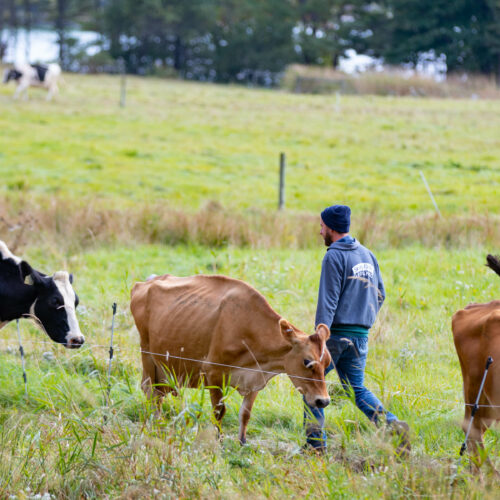
Environmental Claims Clearinghouse
Completed in October 2021, the Environmental Claims Clearinghouse Collabathon constituted a precompetitive effort of more than thirteen organizations representing diverse market perspectives. They came together to address the global urgency of creating credible environmental service marketplaces that support paying the people working most closely with the land, often farmers or ranchers, for actions which produce specific environmental benefits. These Environmental Claims, whether the sequestration of carbon, increases in biodiversity, improvement in water quality, reduction in flooding risk, or any other science-based claim, will require a functioning multi-faceted system that will enable stacking of benefits without double counting. This will benefit land stewards, purchasers, project developers and markets.
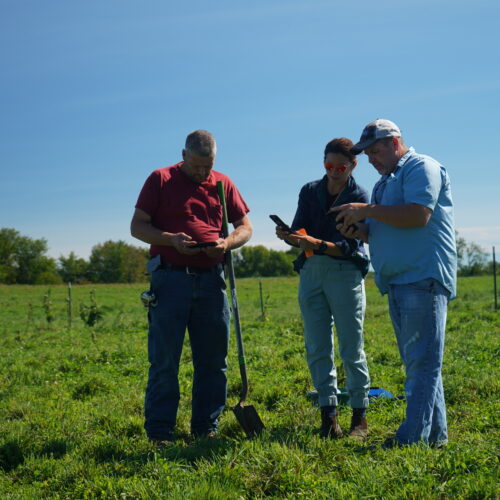
Collaborative Community Platform
Terran Collective is working to create a free and open source community platform for farmers, ranchers, and the regenerative agriculture movement through the social coordination platform called Hylo. Together with the OpenTEAM community and input from Regen Foundation, Terran is designing new features to extend the social coordination platform to support people improving soil health and advancing agriculture’s ability to become a solution to climate change.
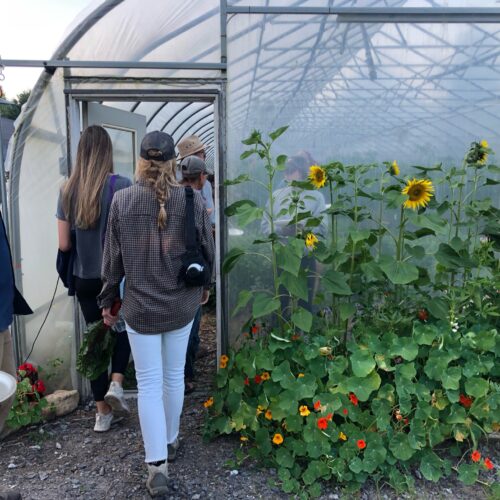
Equity in Practice in Regenerative Agriculture
From September through the end of October 2021, we ran our Equity in Practice in Regenerative Agriculture Collabathon in partnership with Open Rivers Consulting Associates and Terra Ethics. Over the course of five weeks, the participants worked to build new skills and create the outline of a toolkit for viewing their work through an equity lens. Much of the discussion focused on how a better understanding of ourselves and others can help bring equity into our daily work, projects, and organizations.
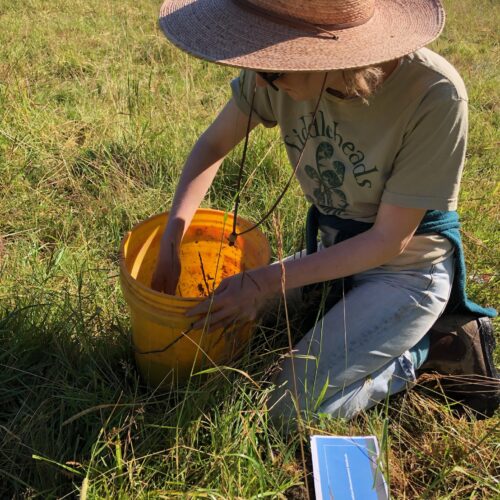
Carbon Series Collabathon with the Field Methods Working Group
From July to November 2021, the Field Methods Working Group (currently inactive) held the Carbon Series Collabathon, led by Point Blue Conservation Science. Through the series, Point Blue provided blueprints for ranchers and technical service providers to track changes in carbon and help build a large scale verifiable dataset that documents changes in carbon. The Field Methods Working Group worked with Point Blue to create standardized, efficient, and robust carbon monitoring protocols for a range of management practices. Over the course of the series, Carbon Series participants provided feedback to the Point Blue technical working group to assist with methodology development with the project.
IN-DEPTH LEARNING SERIES
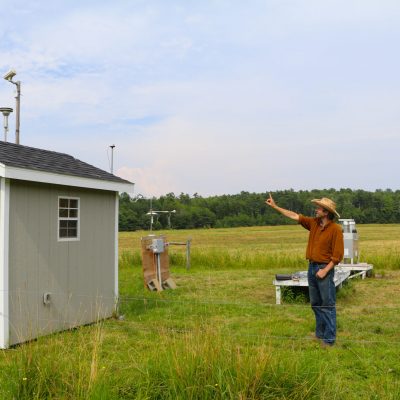
OpenTEAM serves as a platform for dialogue. Through the In-Depth Learning Series, OpenTEAM is building the knowledge base of the community in a way that fosters coherence and collaboration. Each In-Depth helps to collaboratively evaluate new concepts and technologies in an effort to ask better questions and to build better tools through sharing each organization’s work. In this pre-competitive space, OpenTEAM brings together public and private partners to achieve better outcomes, address common barriers, and accelerate innovation by sharing across boundaries.
The series will provide more in-depth information about organizations and companies within and outside of OpenTEAM that are working on topics around technology and regenerative agriculture. Through this, OpenTEAM illustrates and documents the dynamic nature of the community in support of community-strengthening and expansion in order to inspire and share concepts and technologies that enable the emergence of new collaborations and technology approaches.

